Today’s consumers are not only interested in quality products—they want to support companies that show up for the local and global community in meaningful ways.
Incorporating the pursuit of positive social impact into your business mission will better position you for success in both the long and short term. Not only will you have a hand in creating a more sustainable world—you will have a compelling story that connects with customers on a deeper level.
What is social impact?
Social impact is the positive change your organization creates to address a pressing social issue. This can be a local or global effort to tackle things like climate change, racial inequity, hunger, poverty, homelessness, or any other problem your community is facing.
Social impact can be about helping those in need, providing resources and advocacy, or it can be about lessening the negative effects of doing business. Luckily, when it comes to the world of social impact, the possibilities for how you can be a good steward in your community are endless.
Want to learn more about the benefits of social impact?
Check out episode 2 of Impact Audio to learn how social impact can be good for people, the planet, and your business.
Why is social impact important?
For businesses with their eye on the bottom line, dedicating resources to a social impact program is a worthy investment. More and more customers are prioritizing a business’s commitment to better their community. Being vocal about your intentions and following through in a meaningful way is essential.
In addition to improving customer sentiment, engaging in social good has taken on a new urgency. With economic disparities on the rise, the environmental effects of climate change setting in, and a racial reckoning at hand, businesses understand that their health and longevity is dependent on the world at large.
Plus, leveraging your power as a business to do good will inspire others in the sector. Your ideas and actions can help motivate fellow businesses and customers to consider how they too can be part of the solution.

How to create social impact
When you’re ready to incorporate social impact into your mission, you’ll need to choose an issue you want to focus on. Look to your organization’s values to help drive this decision-making process. Be sure to choose something that draws on your strengths.
You can focus on improving your practices to do less harm or look outward to help the community through grantmaking or giving programs. Focus on empowerment and humility. Although creating social impact can be good for your brand, you never want your brand to be the focus of what you do. Center the community and show up in an authentic way.
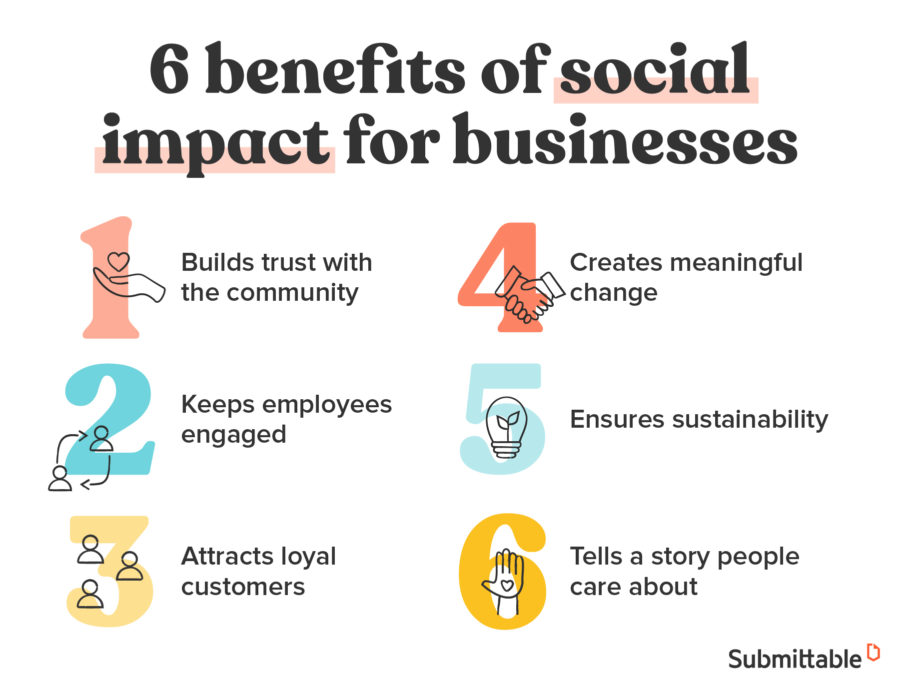
To help you think about how and where to start, here are 25 social impact examples drawn from innovative corporate programs. The organizations below are dedicated to positive social impact. Some were founded with that as a central piece of their mission, while others launched initiatives along the way. Each one has a unique take on what it means to make a social investment and be an active and engaged member of the community.
Among the following organizations, 12 are Submittable customers (marked with an asterisk). They use Submittable to manage a variety of social impact programs, including grants, in-kind donations, events, scholarships, fellowships, and more.
A+ Federal Credit Union: Giving back to teachers*

Founded as a financial cooperative by a group of teachers in 1949, A+ Federal Credit Union has been a community hub for central Texas for over half a century. A+ has made it a priority to support educators and schools in the region through grants, scholarships, and other creative solutions.
A+ Federal Credit Union has created grants for teachers to help them get resources and materials for their classrooms. The team at A+ has also awarded scholarships to students working toward degrees in education and launched custom cash-back debit cards that help support local schools.
Anchal: Empowering artisans around the world

Rooted in collaboration and empowerment, Anchal is a nonprofit that operates like a business. Based in Louisville, Kentucky and partnering with women across India, Anchal seeks to provide a safe and financially viable way for women to leave the dangerous and exploitative commercial sex trade.
Rather than gift giving, Anchal equips artists with design training, the right equipment, financial education, health services, an international market, and fair wages. This allows artists to do creative and safe work while bringing home the salaries they need to support their families.

BioLite: Providing sustainable energy solutions for rural communities
With a team headquarters in Nairobi, Kenya, BioLite has made it their goal to expand access to renewable energy to folks living in rural areas without a reliable electrical grid. BioLite’s team creates sustainable outdoor tools for lighting, cooking, and energy storage.
By working with partners in 23 countries, BioLite has delivered their solutions to more than 1.7 million people across Africa and Asia, offsetting over 450,000 tons of carbon. When customers buy products from BioLite, they are supporting a larger vision of a cleaner, healthier, and more equitable world.
Bitty & Beau’s Coffee: Building a business on inclusion
The original Bitty & Beau’s Coffee opened in Wilmington, North Carolina in January 2016. More than just a coffee shop, Bitty & Beau’s is dedicated to employing folks with intellectual and developmental disabilities.
For people with intellectual and developmental disabilities, employment can be a vehicle for independence and inclusion. With a workplace centered around community and education, Bitty & Beau’s has had incredible success, expanding from one small shop to five locations with over 120 employees.
Brooks Running: Making diversity a priority*
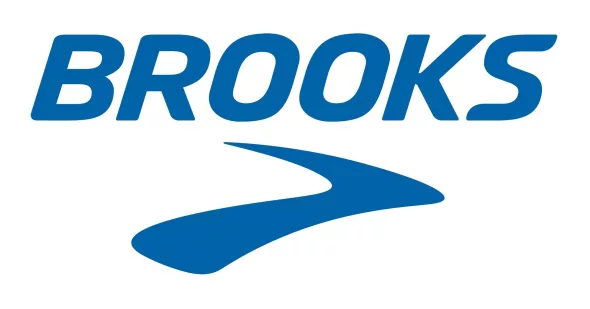
With headquarters in Seattle and Amsterdam, Brooks Running makes quality running gear. The team at Brooks Running supports diversity, equity, and inclusion in the running community by sponsoring running groups and creating an equitable environment for employees across races, genders, nationalities, sexual orientations, abilities, and circumstances.
Brooks Running awards grants and sponsorships to groups such as Black Girls Run and Front Runners, an LGBTQ+ running club. The company also makes product and financial donations to under-resourced schools, which helps thousands of students get running.
Charlie’s Heart Foundation: Uplifting families*
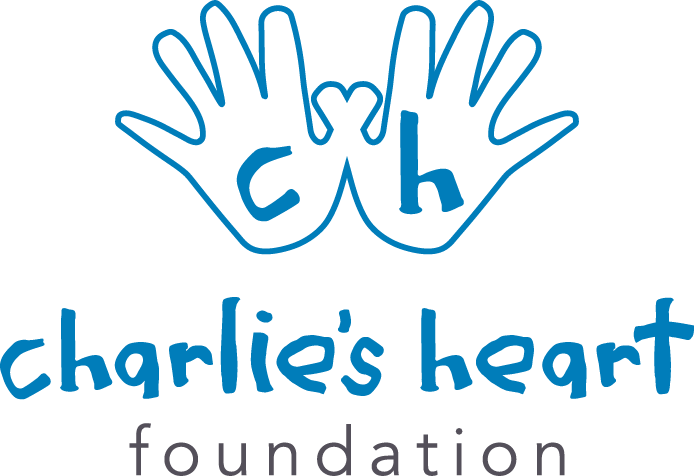
Based in Charlotte, North Carolina, Charlie’s Heart Foundation seeks to help families stay together even through difficult life circumstances. The Foundation makes grants to fund small nonprofits doing work that aligns with their mission all around the world.
For example, Charlie’s Heart has partnered with the Addis Jemari Family Empowerment Program to help families in the outskirts of Addis Ababa, Ethiopia. The Addis Jemari Program builds relationships and provides support, including skills training, medical assistance, counseling, and financial literacy to families in need.
Community Access: Providing peer support*
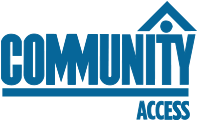
Community Access, a nonprofit in New York City, is dedicated to expanding access to housing, training, and healing-focused services for people living with mental health concerns. For Community Access, peer training and support is a big component.
Alongside all the work they do to provide housing and support, the Community Access team also founded Howie the Harp Advocacy Center. With a training bootcamp, the center equips folks for employment by building foundational and critical thinking skills.
Dave’s Killer Bread: Offering a Second Chance
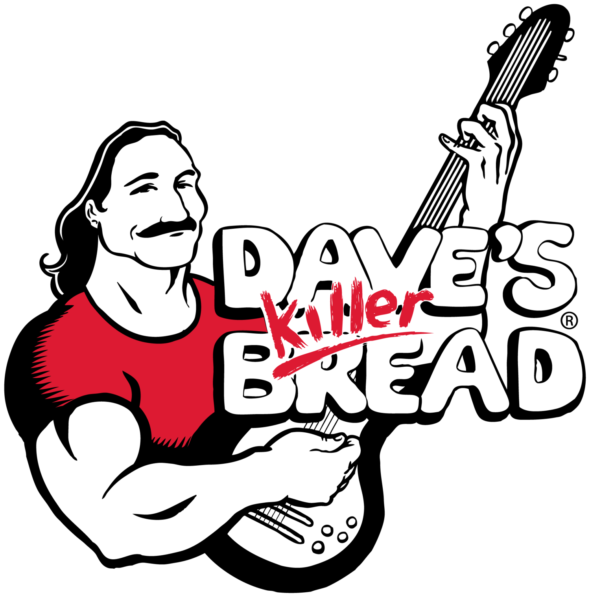
First introduced at the Portland Farmers Market in 2005, Dave’s Killer Bread has gone on to explosive success. In addition to sourcing quality, organic ingredients, Dave’s Killer Bread believes in Second Chance Employment, hiring the best people regardless of criminal history.
For folks who are looking to turn their lives around, steady, fulfilling employment with a strong sense of purpose and community allows them to build toward the future. Showcasing the positive outcomes of their Second Chance Employment program, Dave’s Killer Bread sets an example for other businesses. In fact, the company started a foundation to share their knowledge and help others put Second Chance Employment into practice in meaningful and sustainable ways.
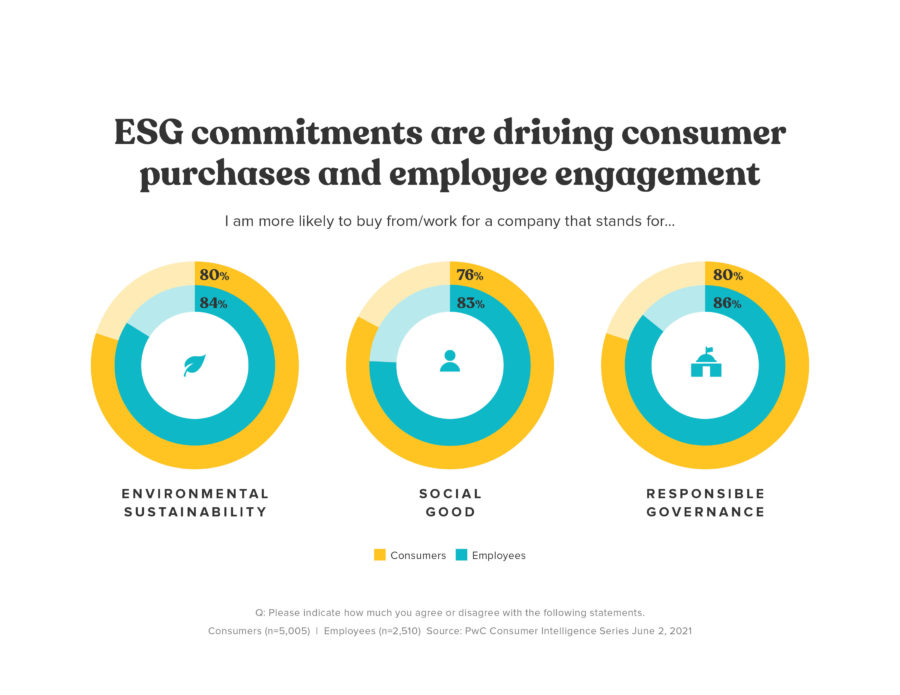
Desolenator: Creating clean water solutions
With a laboratory based in the Netherlands, Desolenator is looking to upend the old methods of water purification with a method that harnesses solar energy in a new way. Desolenator’s system also does away with negative components of the old process—centralized industrial plants, toxic chemicals, and complex supply chains.
Desolenator has partnered with companies like Carlsberg to create and support new clean water projects. The team at Desolenator has been implementing solutions around the world, including sites in West Bengal and Dubai. To learn more, check out this Submittable webinar, which features Louis Bleach, Development and Impact Lead at Desolenator.
Éminence Organic Skin Care: Delivering quality meals to ill children

Founded in Hungary in 1958, Éminence Organic Skin Care has built a reputation on quality organic ingredients. In 2013, Éminence launched the Éminence Kids Foundation to provide children in hospitals and long-term care facilities with organic fruits, vegetables, soups, and juices.
The Éminence Kids Foundation is organized around the belief that quality meals are an important part of treatment and healing. By partnering with local farms and enlisting volunteers, the Foundation has delivered thousands of pounds of food to ill children across the world.
The Gathering for Justice: Pursuing racial justice*
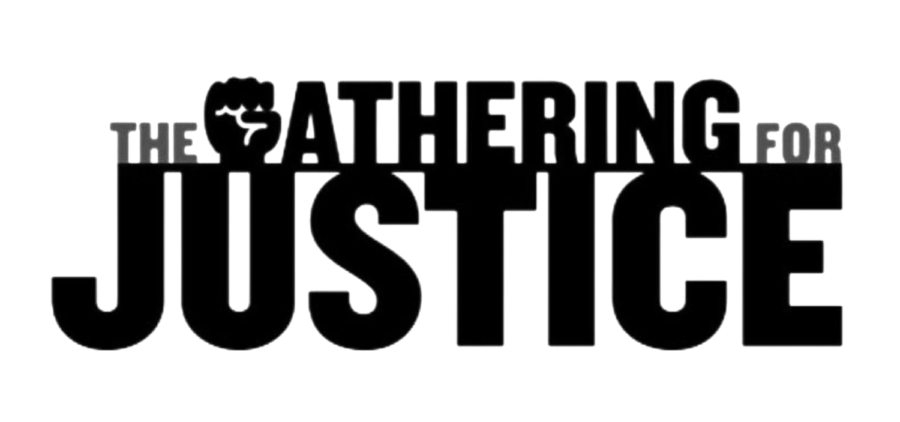
Created by Harry Belafonte in 2005, The Gathering for Justice bridges activists across generations. With roots in Kingian nonviolence, this nonprofit aims to empower local leaders and build a grassroots movement toward racial justice.
With a specific focus on police accountability and a desire to end mass incarceration, The Gathering for Justice unites its members through conferences, training, workshops, and more. The Gathering also supports the community through grants and direct action campaigns.
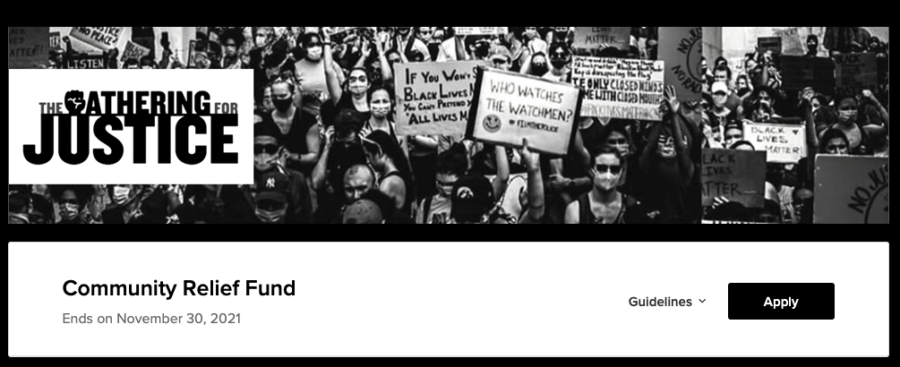
Gibson: Championing the arts*

Gibson has been making quality guitars for more than 125 years and has become a household name for aspiring musicians. To help focus its giving, Gibson launched the Gibson Foundation in 2002 with the aim to create, develop, and support music initiatives.
By leveraging what makes the company great, Gibson has found a variety of ways to have a positive impact. The team at Gibson partners with local nonprofits such as the Playing for Change Foundation, which operates 15 music programs across 11 countries. The Gibson Foundation also donates guitars to schools, sponsors benefit concerts, hosts raffles, and more.
Hope Foods: Breaking the silence on suicide
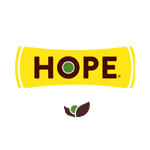
First introduced at the Boulder farmers market, Hope Foods’s hummuses are now sold at grocery stores nationwide. The brand is focused on health, which includes mental well-being. Hope Foods aims to spread hope by breaking the silence around suicide and providing tools for people in crises.
With a whole portion of the company website dedicated to tools and resources for people managing anxiety and depression, Hope Foods has found a simple way to be part of the conversation. Hope Foods has also partnered with Hope for the Day, an organization whose mission is suicide prevention and education. Through this partnership, Hope Foods supports events, provides resources, and creates programs to have a real impact.
Jeannette Rankin Women’s Scholarship Fund: Empowering women through education*
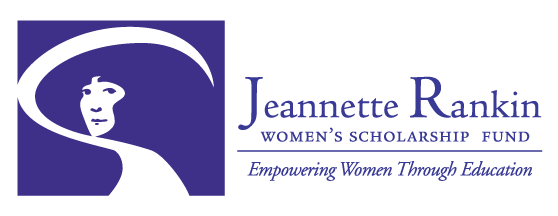
Based in Georgia, the Jeannette Rankin Women’s Scholarship Fund provides scholarships and support for low-income women across the U.S. By providing financial assistance, this nonprofit gives women the scaffolding to help them get out of poverty and build for the future.
For the Jeannette Rankin Women’s Scholarship Fund, it’s all about finding the best way to help scholars. Funds awarded can go toward college tuition, but can also be used for other living expenses such as childcare, rent, or transportation. With 87% of scholars graduated or on the road toward graduation, this organization is making a huge impact in the lives of women and their families.
Klean Kanteen: Going carbon neutral

Klean Kanteen, a California-based company, is well known for quality water bottles and insulated containers. But the company has also developed a reputation for championing environmental causes. Over the past decade, Klean Kanteen has proven its dedication to reducing emissions, adhering to Climate Neutral’s three-step process to become 100% carbon neutral.
Klean Kanteen came up with a strategic plan to reduce emissions. For the team, this included the 2017 project of installing 216 solar panels at corporate headquarters. The company also purchased carbon offsets and renewable energy credits, and donates 1% of sales through 1% for the Planet.
LEGO: Committing to an ethical supply chain
As a global toy company, LEGO’s policies can have an outsized effect on local communities. That’s why the company is committed to protecting people and the environment through every step of the LEGO-making process.
LEGO lays out expectations for all suppliers, production sites, and partners in its “12 Responsible Business Principle” document. This document covers responsibilities around transparency and ethics as well as workers’ rights in terms of reasonable hours, fair wages, health and safety, child labor, family friendly workplaces, and environmental impact. With third-party audits and thorough reviews, LEGO ensures that it’s protecting both the people and the resources that help make their product.
MiiR: Supporting sustainability with community partners*
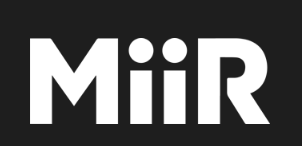
Based in Seattle, MiiR makes premium stainless steel vessels for coffee, beer, wine and food. The company was built around a social impact mission: every product sold helps fund giving projects, and by registering the Give Code on the bottom of their product, customers gain visibility into some of the work MiiR funds.
With design, generosity and sustainability at their core, MiiR adamantly and actively supports organizations working at the intersection of people and environment. They do this through strategic, trust-based grants to nonprofits whose work empowers communities while investing in the health of our natural environments. For example, MiiR teamed up with Water1st to implement 40 water, toilet, and hygiene education projects in Demra, Bangladesh in 2017. With programs around the world, including Idaho, Honduras, Zambia, Nepal, Seattle, and more, MiiR is finding creative ways to support its global community.
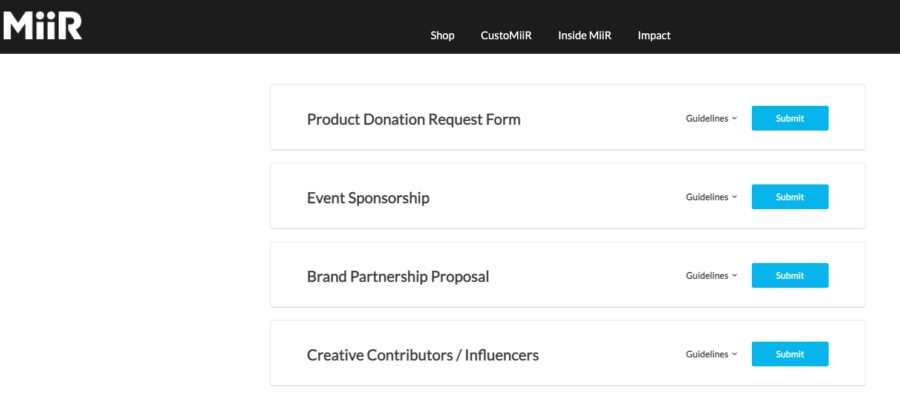
Miles4Migrants: Connecting migrants with their families

Founded in September 2016, Miles4Migrants is a charity dedicated to helping refugees reunite with their families. Miles4Migrants provides travel support for displaced persons who have the approval to legally migrate but lack the financial resources to do so.
Miles4Migrants relies on donated airline miles, credit card rewards, and cash to help give a new beginning to folks impacted by war, persecution, or disaster. The company works with more than 45 nonprofits to identify individuals who have legal approval to migrate but cannot afford the cost of a plane ticket. By getting creative with donations, Miles4Migrants allows more people to get involved and make an impact.
New Belgium: Awarding grants to local nonprofits*
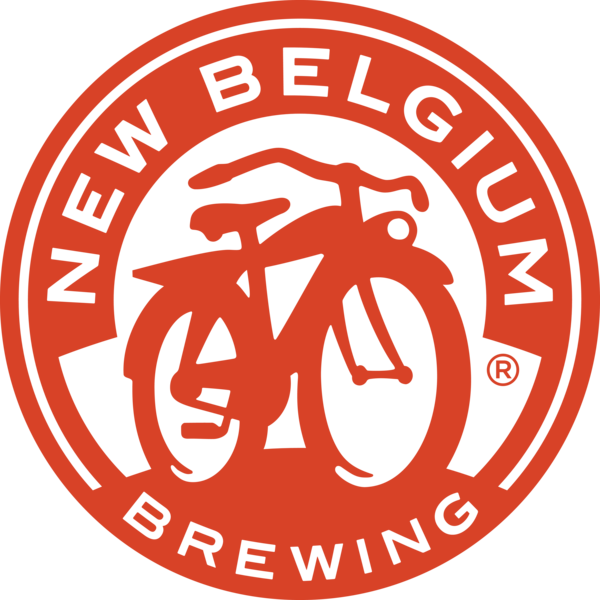
Inspired by a bike ride through Belgium in 1988, New Belgium Brewing has built a brand on authenticity right from the start. With a commitment to community investment, New Belgium launched the New Belgium Family Foundation, which was recently renamed the Mighty Arrow Family Foundation.
The Mighty Arrow Foundation administers grants to local nonprofits that are focused on climate change, food systems, land and water stewardship, and social justice. Since 2013, over $7 million has been awarded to grant programs with organizations such as Grid Alternatives, Poudre Valley Community Farms, EarthJustice, and Outdoor Afro.
One World Children’s Fund: Tackling poverty*

Founded in 2000 by three friends who had traveled from the Bay Area to India, One World Children’s Fund is a charity that partners with Indian organizations. By connecting with local nonprofits, One World Children’s Fund is able to directly support the work getting done on the ground in India to lift communities out of poverty.
Serving as a bridge to funders in the U.S., One World Children’s Fund helps local groups overcome linguistic, geographic, technological, and financial barriers to accessing philanthropic aid. The Fund partners with groups such as the BESO Foundation in Uganda and Victor Hugo School in Haiti to ensure its investments make a meaningful impact on the local communities.
Want to launch your own social impact program?
Submittable makes it ease to put your ideas into action today.
PFund Foundation: Teaming up with LGBTQ leaders and allies*
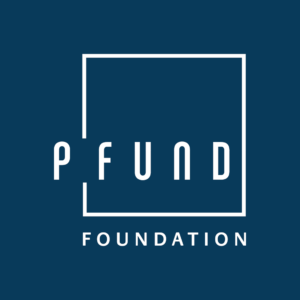
Founded in response to the AIDS crisis of the 1980s, when the LGBTQ community was experiencing stigma and isolation, PFund Foundation aims to bring community members in the upper Midwest together. Today, the organization is still guided by its original mission, providing grants and scholarships to lesbian, gay, bisexual, transgender, queer, and allied leaders.
With a focus on community building and an awareness of the intersectionality of identities, PFund Foundation has made it a priority to invest in LGBTQ+BIPOC businesses. Through a business capacity fund, PFund has awarded $80,000 to small Minneapolis businesses. The Foundation also awards scholarships from $1,000 to $10,000 to LGBTQIA students in the region.
Procter & Gamble: Leveraging innovation to provide clean water

Procter & Gamble is a multinational consumer goods corporation. In 2004, when one of its scientists discovered a simple solution that would help expand access to clean water, P&G invested in the innovation and created the P&G Children’s Safe Drinking Water Program.
The program’s goal is to enable people anywhere in the world to purify water in a simple, affordable way. With just the P&G packet, a bucket, and a stick, 10 liters of dirty water can be turned into safe drinking water. With success stories from Kenya to Haiti to Myanmar, this simple solution has made an incredible difference for families around the world.
Steam Whistle: Going green*

Steam Whistle, an independent brewery in Canada, is finding that sometimes doing more means doing less. To help combat climate change and pollution on a local and global level, the brewery has implemented green practices.
Steam Whistle has elected to use clean, renewable energy, plus sustainable solutions for cooling and heating. The team is strategic about water conservation, and their delivery trucks run on biodiesel. By finding opportunities to go green across the company, Steam Whistle has become a brand the community trusts.
Thistle Farms: Providing a safe community for victims

Based in Nashville, Tennessee, Thistle Farms sells candles, jewelry, essential oils, and more. The business itself was founded to provide a safe community for women who have suffered abuse and a way out for survivors of trafficking, prostituion, and addiction.
With a residential program that provides housing, healthcare, counseling, and two years of employment, women at Thistle Farms are able to overcome their pasts and look toward the future. The homes operate on a holistic model, building a community around trust, with women survivors providing leadership across all departments.
World Central Kitchen: Stepping up during disasters
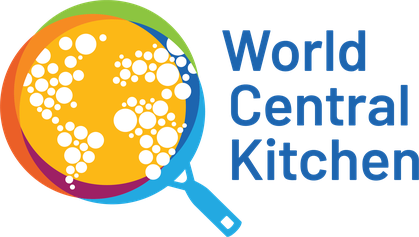
Launched by acclaimed chef José Andrés after the 2010 earthquake in Haiti, World Central Kitchen is an organization that shows up for local communities during disasters. The team at World Central Kitchen mobilizes to provide access to food in times of crisis, and they have become known for their rapid response.
By partnering with local food trucks, restaurants, and aid groups, World Central Kitchen has provided meals to those in need after hurricanes, floods, conflicts, and other disasters. This model allows the organization to have an impact on those directly affected while also supporting the local restaurants that are often the lifeblood of a community. World Central Kitchen has helped reframe what it looks like to provide immediate relief, showing how food can be an incredible tool to provide comfort and bring people together.
Taking the next step to create social impact
As you’re looking to incorporate social impact into your mission, shifting from good intentions to solid strategy can seem like a big step. Articulating a clear mission, setting goals, defining success, and teaming up with the right people can help you take your ideas to the next level. Find inspiration from social impact examples like the ones above and then build something that is uniquely yours.
Submittable is a social impact platform designed with you in mind. We make it easy to launch and manage your social impact program, streamlining processes so you can focus on the mission at hand. Find out more today.